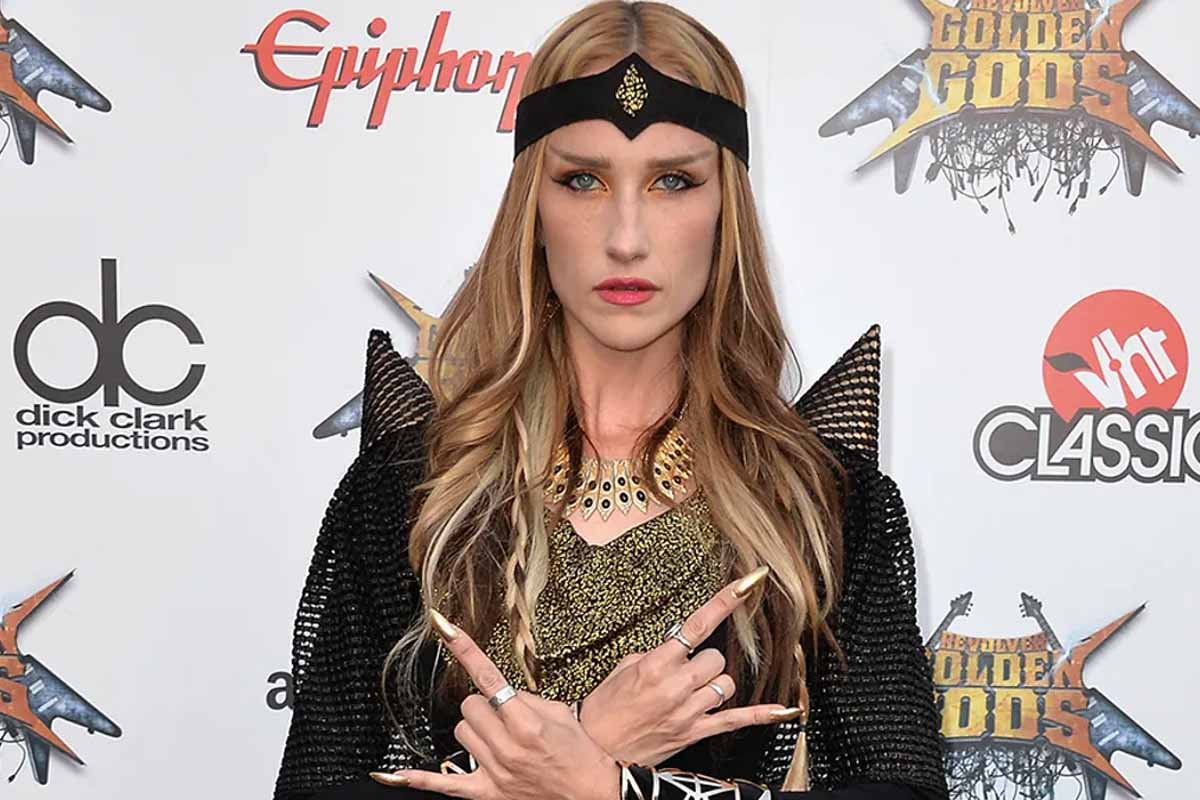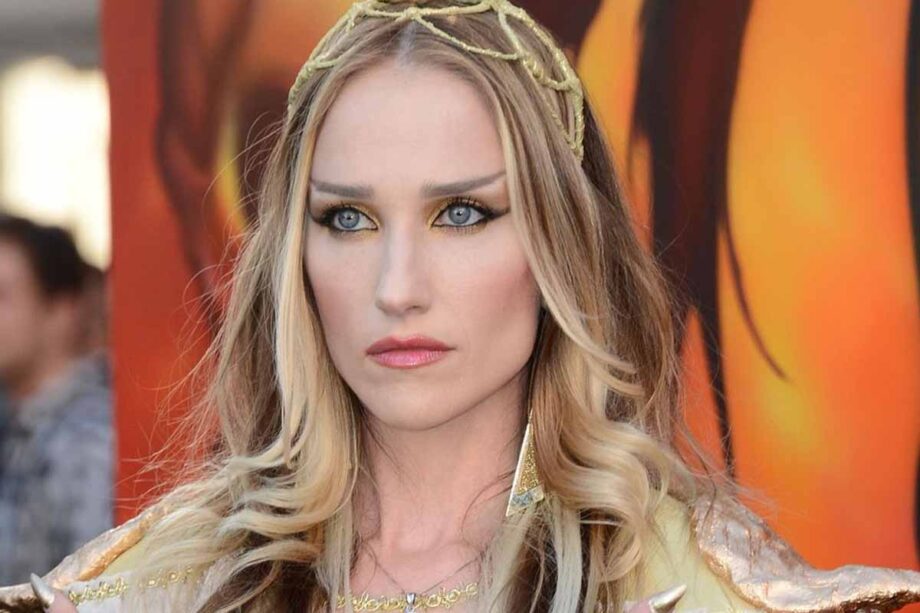Jill Janus developed an early passion for music, starting with opera before transitioning to thrash metal during her teenage years. By 2009, she formed Huntress, leading the band through three studio albums: ‘Spell Eater,’ ‘Starbound Beast,’ and ‘Static.’
Beyond her work with Huntress, Janus also performed with cover bands like The Starbreakers and Chelsea Girls, and co-composed a rock opera with Trans-Siberian Orchestra’s Angus Clark. Despite her professional successes, she faced great personal challenges, battling mental health issues throughout her life. Her death followed in 2018.
The Vocalist’s Death By Suicide

On August 14 that year, Janus took her own life near Portland, Oregon. Her death sent shockwaves through the metal community. Bandmates, friends, and fans mourned her loss, remembering her as a brilliant but tormented soul.
Huntress mentioned her struggles and the pain she carried for years in a statement, writing, “Janus spoke publicly about these challenges in hopes of guiding others to address and overcome their mental illness.” The post added, “She will be missed more than she could have ever known.”
Her Long-Standing Mental Issues

Janus’ mental health struggles began in her teenage years. At 14, her family noticed significant mood shifts, marked by episodes of explosive violence and deep depression. By 16, she made her first suicide attempt. At 20, while living in Manhattan, she was diagnosed with bipolar disorder and schizoaffective disorder, conditions that later progressed into schizophrenia and dissociative identity disorder
Unlike many in the metal scene, Jill didn’t hide her mental illness. She talked openly about it in interviews, hoping to help others who were struggling and destigmatize these conditions.
Janus’ Physical Health Was Also Declining

In addition to her mental health battles, Janus faced serious physical health issues. While on tour with Amon Amarth in 2015, she experienced severe bleeding and was subsequently diagnosed with early-stage uterine cancer. She underwent a hysterectomy in June 2015 and was declared cancer-free thereafter.





